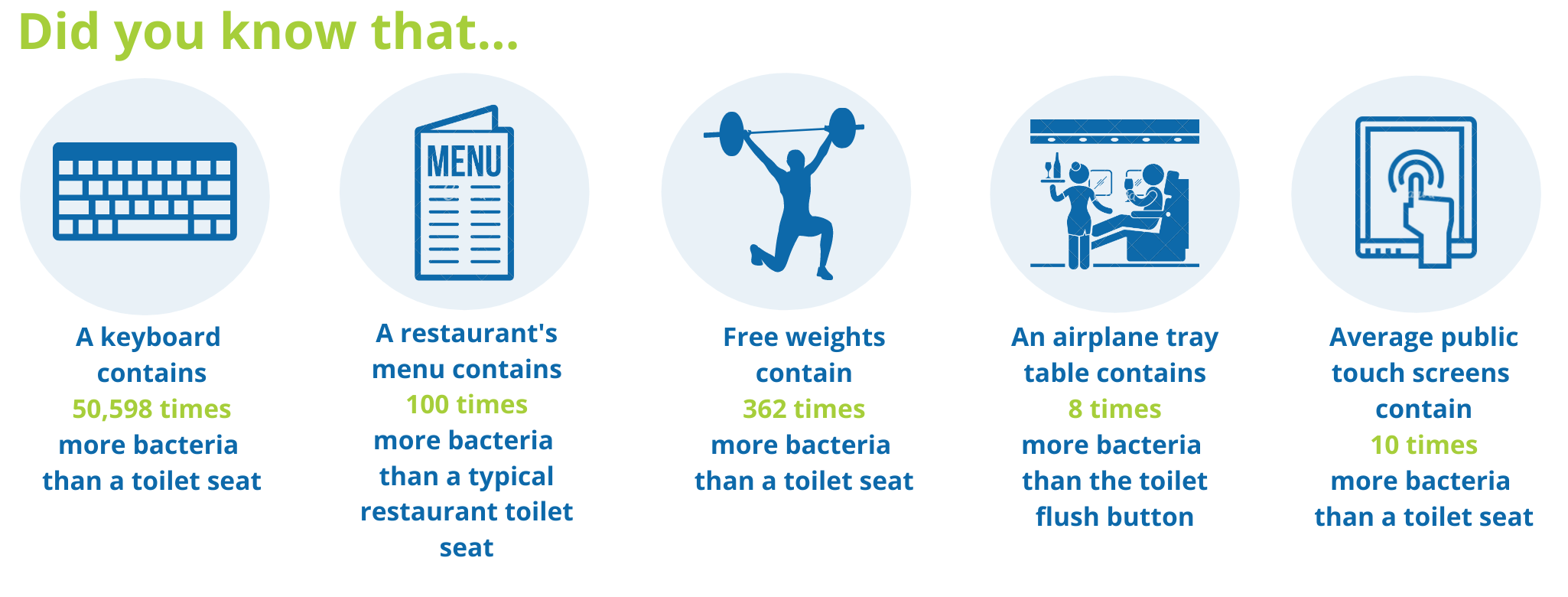Why are The Big Wash Antibacterial and Antiviral Hand & Surface wipes different to most other wipes being offered on the market at the moment?
https://www.youtube.com/watch?v=qFGxuu_yICY
A lot larger in size
They are a massive 32x20cm per wipe giving better cleaning & sanitising performance – your hands will not come into contact with the surface you are sanitising thanks to this generous size. This large size makes your life a lot easier, as it means you only need 1 wipe instead of 3 or 4 small wipes.
Also the ‘hankerchief’ style fold means you pull 1 wipe out at a time, whereas normal wipes are interlocked with each other, making you pull out several wipes at a time which creates more wastage.
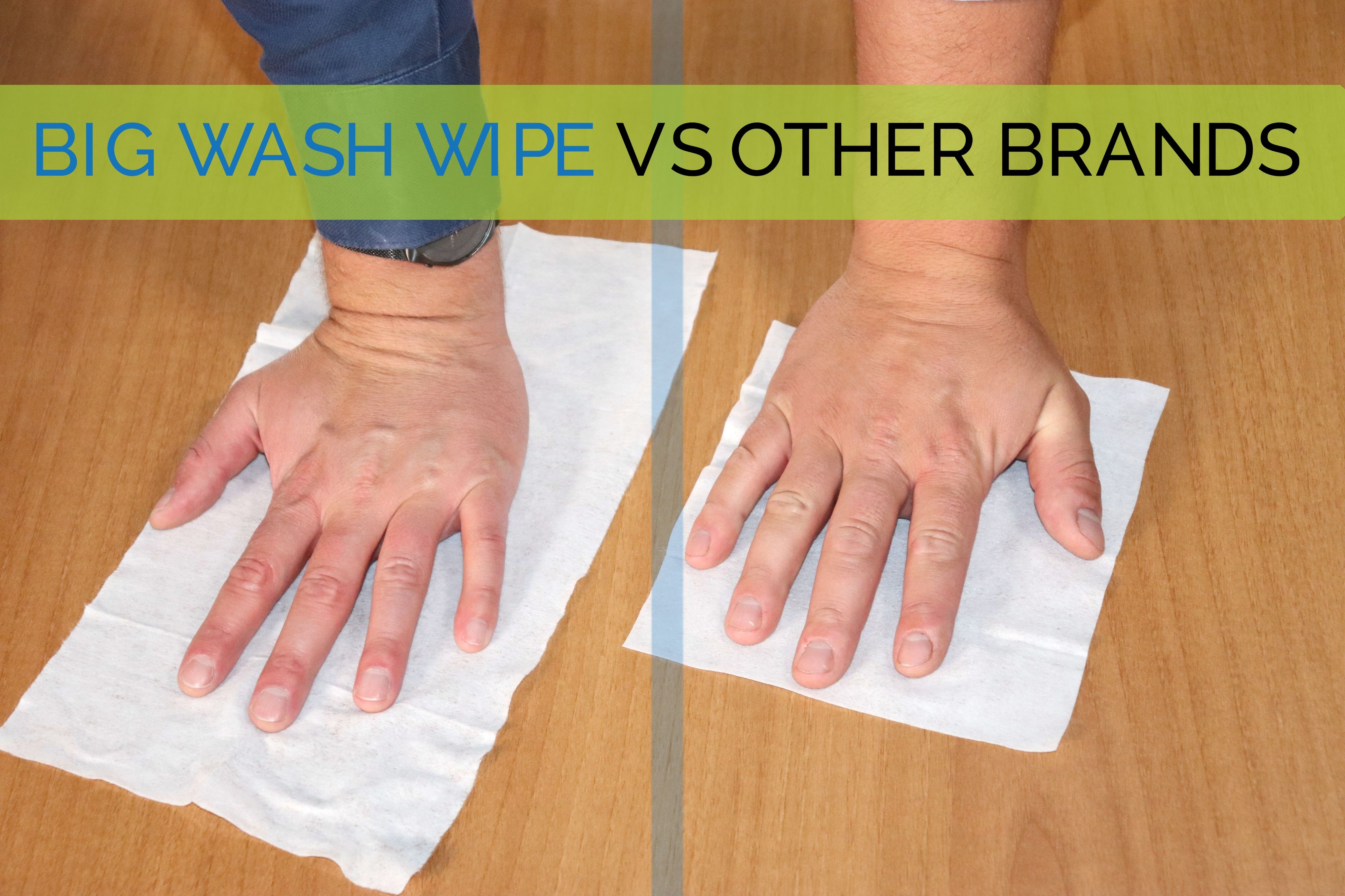
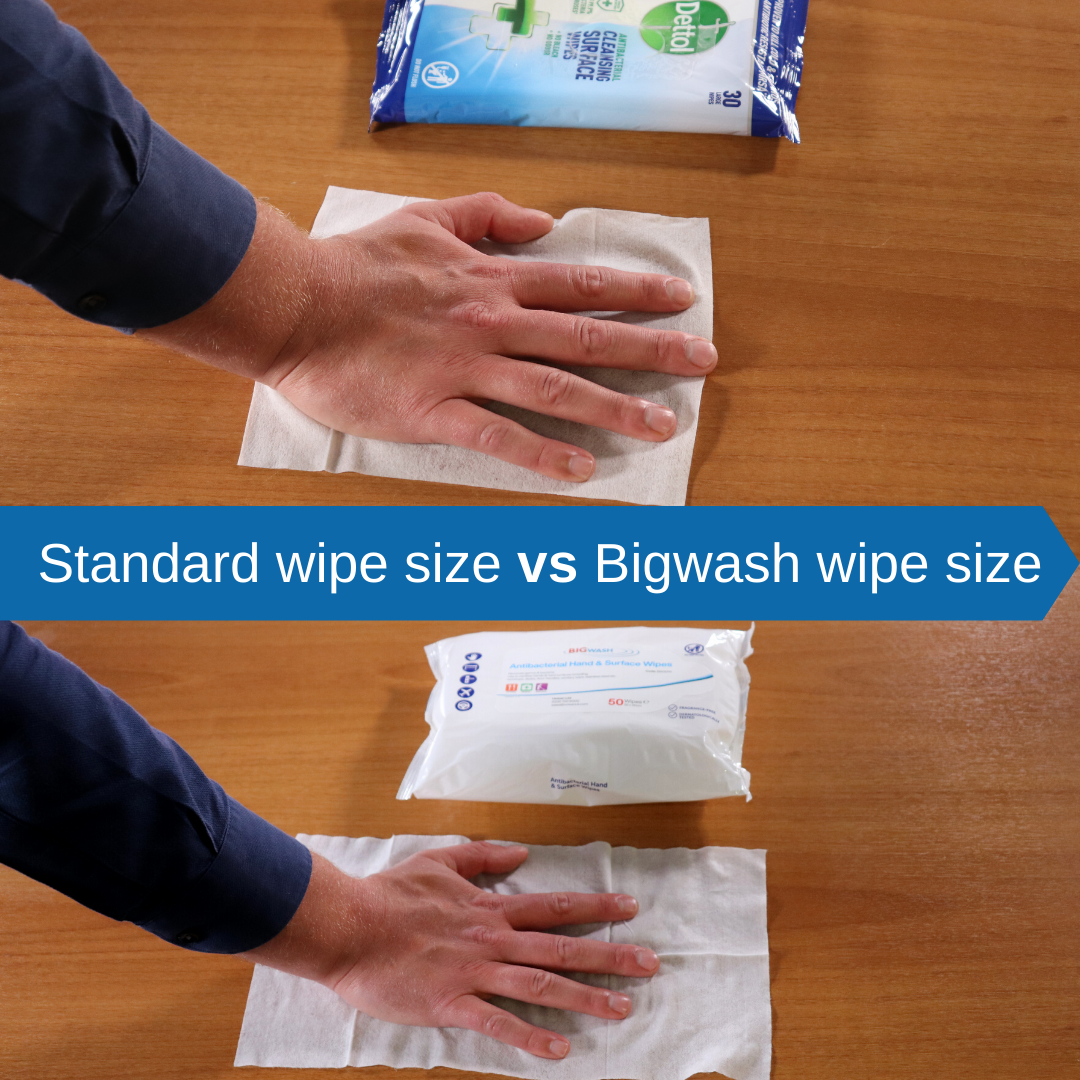
A lot thicker at 50gsm
The 50gsm thickness gives a luxury feel and better cleaning & sanitising performance. They don’t easily rip, tear, or fall to pieces like other flimsy antibacterial wipes. Standard antibacterial wipes are usually a lot thinner at 35gsm, which means they do not hold as much antibacterial liquid to wipe onto surfaces. This gives you peace of mind you are properly disinfecting your hands or a surface
Safe for using on hands
The Bigwash antibacterial hand and surface wipes are fragrance free and dermatologically tested, meaning they are safe to use and kind to skin. Many disinfectant wipes are not suitable for using to wipe hands, so you need to wear gloves when using them. The harsh chemical used in the wipes can give you an allergic reaction or make your skin red, itchy and swollen. Sometimes wipes are advertised as suitable for hands and surfaces, but not actually dermatologically tested, which means they are not very gentle and can dry skin out. If a product has been ‘dermatologically tested’, this means the finished product has been tested on human skin; that the formula is mostly safe to be applied on the skin; that the finished product is well tolerated and in most cases will not cause a skin reaction. With sanitising our hands so regularly at the moment, it is so important to use hand sanitiser wipes that are kind to skin, and don’t cause chapped, dry hands.
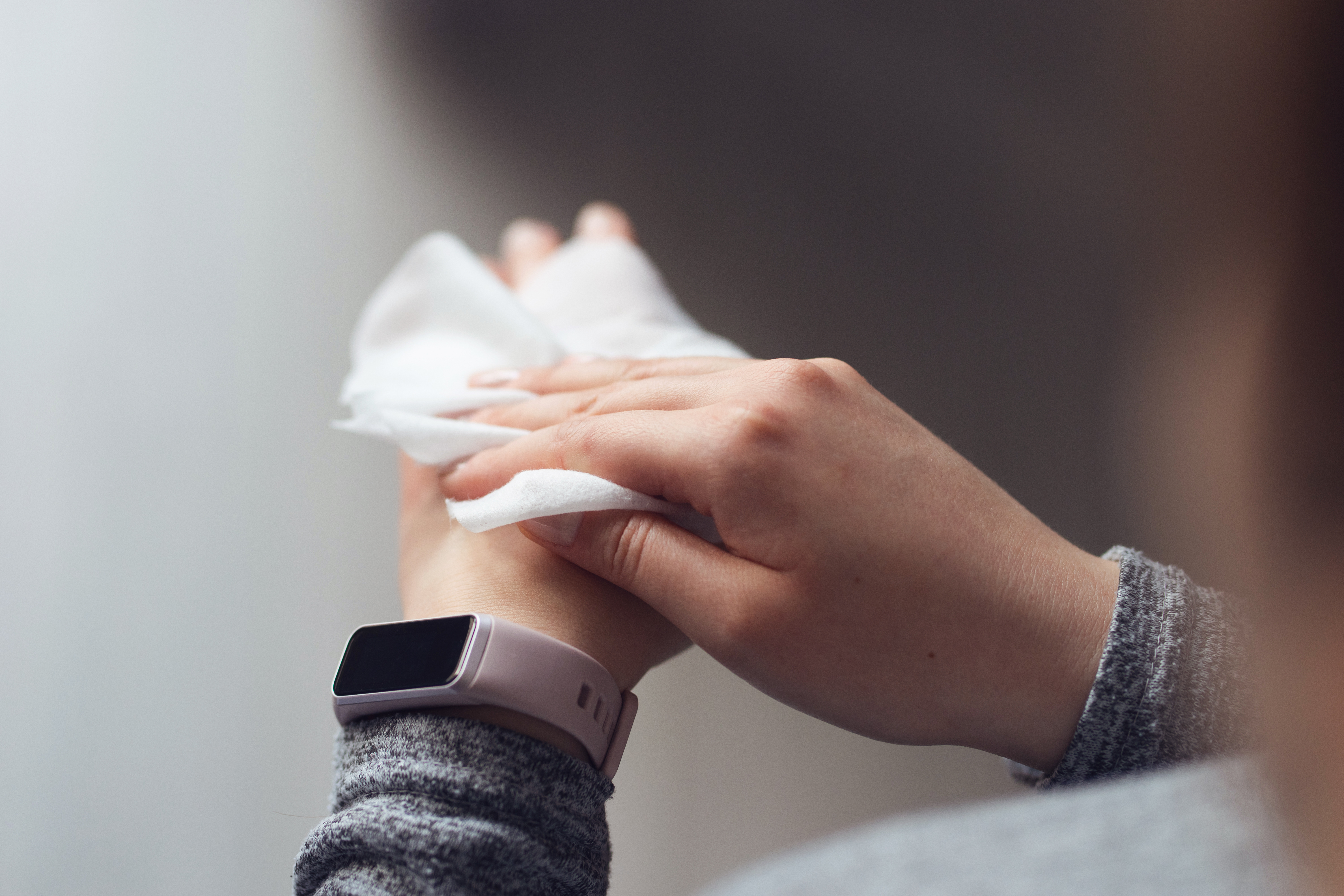
A lot more tested and certified
These wipes have been through rigorous testing and certification to give you peace of mind and ensure you are using a wipe solution that is safe and fit for purpose. Other wipe brands don’t get so many approvals or certifications because it costs a lot of money for these tests. Our Bigwash hand and surface wipes are approved to kill viruses and bacteria, helping you to reduce the spread of infection including COVID-19. Read our blog post here on do antibacterial wipes kill viruses also?
As well as the antibacterial EN1276 standard and the antiviral 14476 standard, they are tested to EN1500 and the medical standard EN16615, EN13727 and EN1650 which costs a lot more to get approval for.
BS EN 1276 is the European standard for proof of effective infection control against harmful micro-organisms such as MRSA, Salmonella, E.Coli, Flu Virus (H1N1) and Pseudomonas Aeruginosa. To pass this standard, products have been tested by an independent laboratory and must prove a bacteria kill rate of 99.999% within 5 minutes. This means the wipes can kill Pseudomonas aeruginosa, Staphylococcus aureus, Enterococcus hirae, Eschreichia coli and MRSA in 60 seconds.
EN 14476 is a European standard which means the product is tested to evaluate the virucidal activity of chemical disinfectants intended for use in the medical area. In order to receive this standard, the product must be tested to kill the following viruses: Poliovirus type 1, Adenovirus type 5 and murine norovirus. This is because these viruses are more resistant to disinfectants, and when a disinfectant is active against them can be considered effective against any other virus not tested, including coronavirus. This means the Big wash antibacterial hand & surface wipes can can kill Coronavirus in 60 seconds.
EN 16615 is for chemical disinfectants and antiseptics. The Quantitative test method for the evaluation of bactericidal and yeasticidal activity on non-porous surfaces with mechanical action employing wipes in the medical area. This means the wipes can kill candida albicans in 5 seconds. Also known as the 4-field test, the application of EN 16615 requires products to achieve a 99.999% reduction for bacteria and a 99.99% reduction for yeast. However, the standard, developed by German experts and applicable EU-wide, has so far gained little attention or adoption in the UK. Wipes that comply with the latest EN standards while offering short contact time, means they are very practical for hospital ward and care home environments, were hygiene levels are critical.
EN 13727 means the wipes can kill Pseudomonas aeruginosa in 40 seconds, and Staphylococcus aureus, Enterococcus hirae, Eschreichia coli in 10 seconds. It is a quantitative suspension test for the evaluation of bactericidal activity of chemical disinfectants for instruments used in the medical area. Products that can be tested include chemical disinfectant products that form a homogenous, physically stable preparation when diluted with hard water, or in the case of ready to use products, with water. The standard refers to the parameters to be observed when testing products intended for surface disinfection, instrument disinfection, surgical and hygienic handrub and handwash. This includes the test microorganism, test temperature, contact time and interfering substance.
EN 1500 is a European Standard which specifies a test method simulating practical conditions for establishing whether a product for hygienic handrub reduces the release of transient microbial flora on hands when rubbed onto the artificially contaminated hands of volunteers. This means the wipes can kill Escherichia Coli in 60 seconds. This European Standard applies to products for hygienic handrub for use in areas and situations where disinfection is medically indicated. Such indications occur in patient care, for example: – in hospitals, in community medical facilities and in dental institutions, – in clinics of schools, of kindergartens and of nursing homes; and may occur in the workplace and in the home. It may also include services such as laundries and kitchens supplying products directly for the patient.
EN 1650 test method is titled “Chemical disinfectants and antiseptics – Quantitative suspension test for the evaluation of fungicidal activity of chemical disinfectants and antiseptics used in food, industrial, domestic, and institutional areas”. A European Standard, used to determine the anti-fungal efficacy of chemical disinfectants and antiseptics used in food, industrial, and institutions – excluding those where disinfection is medically indicated. This means the wipe can kill Candida albicans in 5 minutes.
Creating confidence
Understandably the recent pandemic has significantly knocked peoples confidence as to going back to work, due to the risk of catching the COVID-19 virus. Providing employees with an individual pack of sanitiser wipes (antibacterial and antiviral) and a personal hand sanitiser gel bottle means they can keep it on them all the time and regularly sanitise hands and touch points, which has shown to increase confidence and encourage a safer return to work. Keeping the handy pack of 50 wipes in your bag at work means you can quickly and easily wipe down door handles, lift buttons, photocopier buttons, pens, phone handsets and more before you use them to ensure germs have been killed. Sanitiser wipes kill 99.9% of germs, read why here.
Bigwash wipes are single use, which reduces the risk of microbial cross contamination between hands and shared surfaces. Not only for cleaning hands, they can be used to clean hard surfaces in all environments from offices, gyms, catering facilities, hospitality, medical equipment and many other areas both in the work environment and at home
Large quantities in stock, click here to order today!
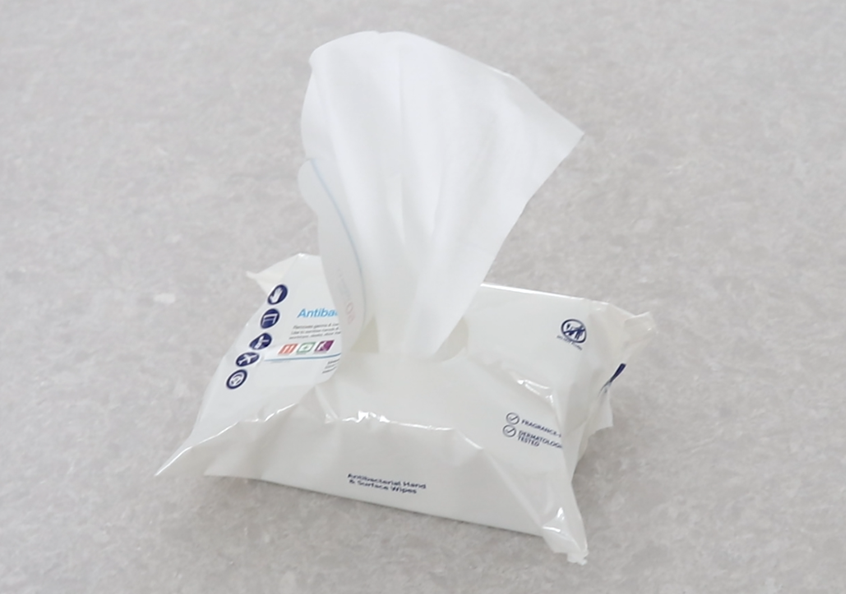
Read an interesting post here answering the question: do antibacterial wipes kill viruses as well?

